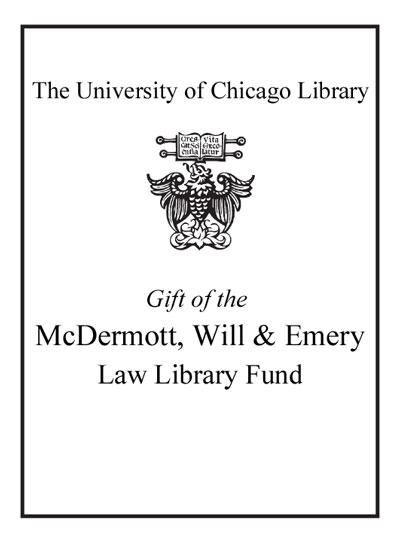Review by Choice Review
This major study of genocide in Rwanda refines what has become the dominant point of Rwanda historians--contemporary violence between Rwanda's two identity groups has its origins in the colonial period. Paradoxically, Mamdani (international and public affairs, Columbia) begins with ad hominem attacks on African-area studies in the West, then relies almost exclusively on these same secondary sources to make his case. His central claim--Belgian colonialists reconstructed the identity of the Tutsi as an alien (and superior) race--largely echoes Rwanda historians Catharine Newbury and David Newbury, Allison Des Forges, and others. For Mamdani, though, genocidal impulses lurked in the hearts of both colonizer and colonized, and the Tutsi became simply another nonindigenous, racially alien "other" in the Hutu mind. The author goes to great pains to understand the mass participation of local Hutu in the genocide. While partly successful, the effort draws attention away from the small group of Hutu extremists who meticulously planned the genocide. Mamdani thus puts himself at odds with Rwandan scholars such as Timothy Longman, who has sought to emphasize their role. By focusing so intensively on Belgian colonialism and the "decisive role of [Hutu] locals in the genocide" Mamdani also inadvertently deemphasizes the guilt of those who orchestrated the genocide. Academic collections. J. F. Clark Florida International University
Copyright American Library Association, used with permission.
Review by Choice Review

